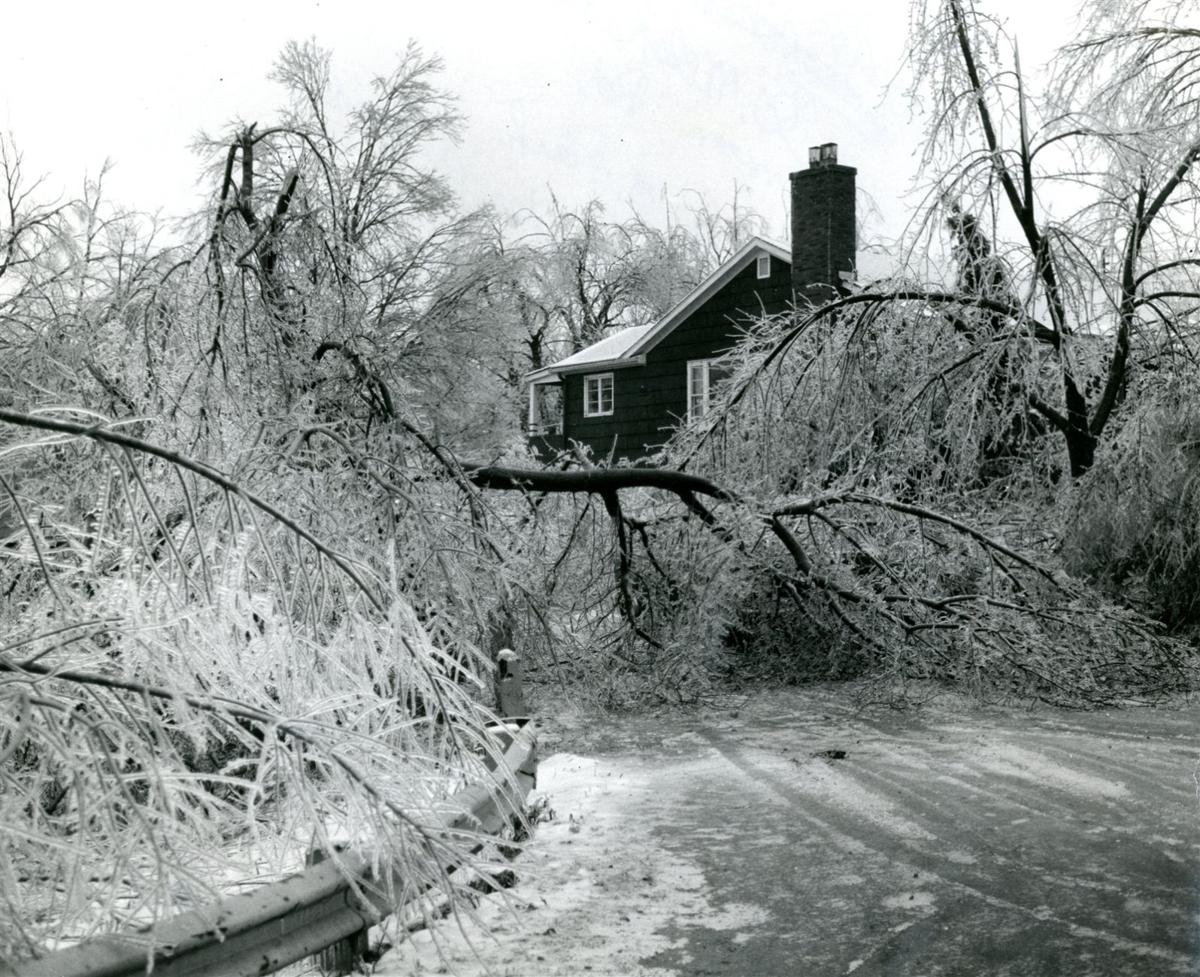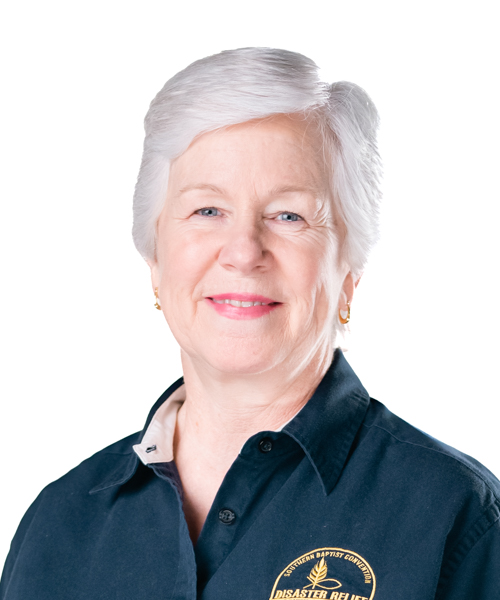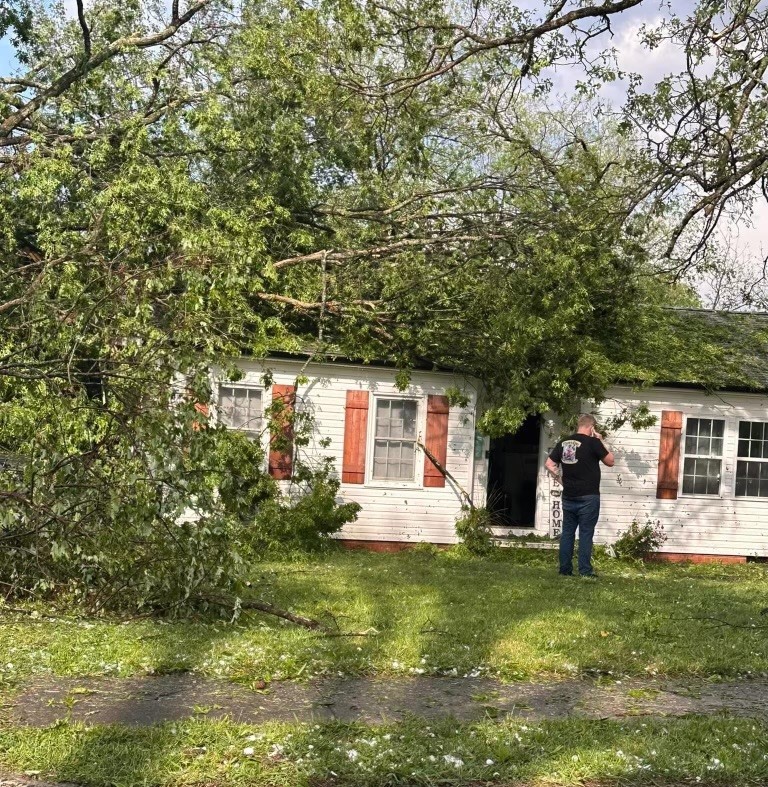Be Prepared for Winter Storms
A white flurry of snow or coating of ice on the trees can look pretty outside your window, but winter storms can lead to a variety of risks, such as car accidents, power outages, and downed trees. Here are some tips for everyone’s personal preparation, followed by reminders for Disaster Relief volunteers:
Personal Preparation:
- If you are under a winter storm warning, stay off the roads and stay indoors. If you must drive, reduce your speed, and allow plenty of time when stopping for red lights.
- Try to stock up ahead of time on extra groceries and prescription medications in case it’s hard to leave your home for a few days.
- Heavy snow, ice, and wind can lead to power outages. Prepare by having extra batteries, flashlights, and battery-operated or solar lanterns. You also need water and a supply of food that doesn’t need to be cooked. Only use generators outside, more than 20 feet away from your home’s doors and windows.
- Reduce the risk of a heart attack by avoiding overexertion when shoveling and walking in the snow. Masks may make it difficult to breathe, especially while shoveling. If you are unable to wear a mask, keep a distance of at least six feet between yourself and those who are not part of your household.
- Check on neighbors while physical distancing. Consider connecting by phone, email, text, video chat, and/or social media.
- Visit www.ready.gov/winter-weather for more detailed information on personal preparation.
For our Disaster Relief volunteers:
- With the busy hurricane season we spent helping the Gulf Coast last fall, our chainsaw units need to be sure to get their equipment back in order and saws sharpened to be ready to serve – February is the worst month for winter weather in SC!
- In the event of severe winter weather in our state, we will look to Unit Leaders and DOMs to let us know of the needs in their areas.
- Local teams are encouraged to begin helping people in their immediate area as soon as it is safe to do so.
- If needs are greater than the local team can accommodate, contact the SCBC Disaster Relief office. We will send units from unaffected areas to assist.
- Units in unaffected areas should gather their team and contact the state DR office to let us know of your availability to help.




